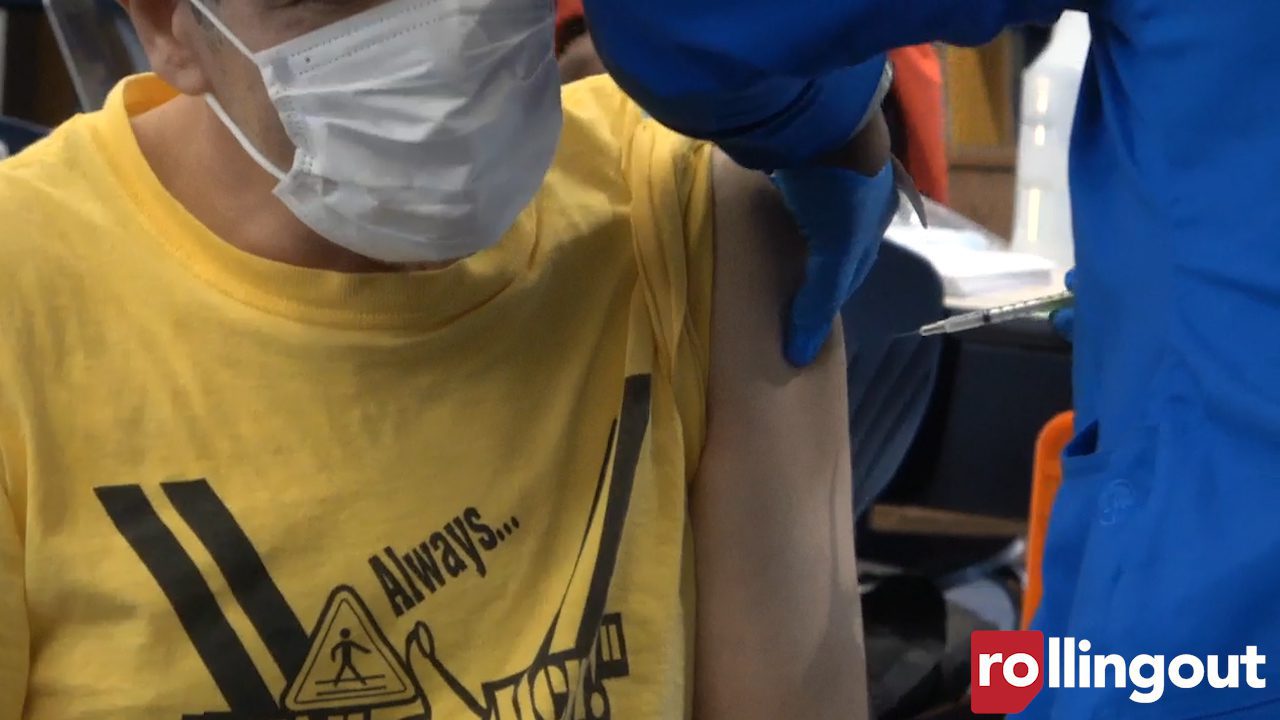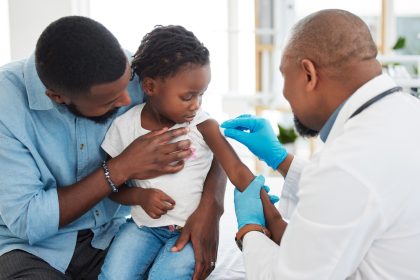Vaccinations are a crucial part of maintaining your child’s health, but in recent years, some parents have chosen to skip or delay them due to misinformation or fear. This choice can have long-lasting and dangerous effects not just on your child — but also on your family and community. Understanding the risks of skipping vaccinations is critical for protecting your child and those around them. Let’s explore why vaccinations are necessary, and how missing them could impact your child’s future well-being.
The importance of vaccinations in early childhood
From the moment a child is born, they are exposed to various bacteria, viruses and diseases. Vaccinations are designed to safeguard children against some of the most dangerous illnesses that could otherwise have severe or even fatal outcomes. Diseases like measles, mumps and whooping cough — once thought to be nearly eradicated — are making a comeback, primarily due to vaccination gaps.
The goal of childhood vaccines is twofold. First, they help your child develop immunity to potentially harmful diseases. Second, vaccinations contribute to the larger concept of herd immunity. When the majority of a community is vaccinated, it significantly reduces the chance of disease outbreaks — protecting those who are too young, too old or unable to get vaccinated due to medical reasons.
Choosing to skip or delay vaccinations breaks this protective barrier. Diseases that are easily preventable with vaccines can start to spread again, endangering vulnerable members of society. For example, infants who are too young for the measles vaccine are particularly at risk if an outbreak occurs — as they rely on those around them to be vaccinated.
The risks of skipping vaccinations
Skipping vaccinations leaves your child exposed to serious illnesses. Many of the diseases that vaccines prevent are not only life-threatening but can also result in long-term complications. For example, measles can lead to brain swelling, pneumonia or even death. Whooping cough (pertussis) is particularly dangerous for infants and can result in hospitalization or fatal outcomes.
Without vaccines, your child is more likely to contract these diseases and spread them to others — particularly in settings like schools or daycares, where many children gather.
Some parents may believe that skipping a vaccination or delaying it won’t have long-term consequences. However, this assumption can be dangerous. Vaccinations work best when given on time — according to the schedules recommended by health professionals. Delaying them weakens the overall effectiveness of the vaccine program and leaves your child vulnerable during critical developmental stages.
Furthermore, certain diseases like chickenpox and measles have been linked to complications later in life. Shingles, for example, is a painful condition that can arise in adulthood after a childhood case of chickenpox.
Myths about vaccinations: separating fact from fiction
There’s no shortage of misinformation surrounding childhood vaccinations. Parents may come across alarming headlines, social media posts or even well-meaning but uninformed advice from friends and family. Let’s address some common myths that may deter parents from vaccinating their children.
Myth 1: Vaccines cause autism
The idea that vaccines — specifically the MMR (measles, mumps and rubella) vaccine — cause autism has been debunked multiple times by scientific studies. This myth arose from a study published in the late 1990s — which was later retracted due to false data. Extensive research has since shown that vaccines do not cause autism.
Myth 2: Natural immunity is better than vaccination
While it’s true that natural immunity — obtained from contracting the disease itself — can be effective, it’s often not worth the risk. The illnesses that vaccines prevent can cause severe complications, and in some cases, death. Vaccines provide a safe way to build immunity without subjecting your child to these dangers.
Myth 3: Too many vaccines overwhelm a child’s immune system
Parents may worry that receiving multiple vaccines will overwhelm or weaken their child’s immune system. In reality, a child’s immune system is incredibly robust and can handle vaccines with ease. Children are exposed to countless germs every day, and the immune system is more than capable of managing the small, controlled exposure vaccines provide.
Emotional and social impacts of skipping vaccinations
Many parents skip vaccinations out of fear — fear of the unknown, fear of side effects or fear of making the wrong choice. These fears are valid, but they can be addressed with accurate information. Speaking with a trusted health care professional can provide clarity and reassurance, helping you make an informed decision that benefits your child’s health.
Not vaccinating your child can also have social repercussions. Schools, daycares and other public spaces often require children to be vaccinated to protect the wider population. If your child is not vaccinated, they may be excluded from these environments, impacting their social development and access to education.
Additionally, parents who choose not to vaccinate may face judgment or criticism from others — leading to isolation and strain within communities. It’s important to weigh these social factors when considering whether or not to vaccinate.
How to make the right choice for your child’s health
It’s easy to feel overwhelmed by the amount of information out there, but trusting in scientific evidence and expert advice is key. Vaccines are thoroughly tested for safety and effectiveness before being approved for use — and the benefits far outweigh the risks. Your pediatrician is a reliable source of information and can answer any concerns you may have.
It’s not enough to vaccinate your child once and forget about it. Many vaccines require multiple doses or boosters to remain effective. Make sure to stay up-to-date with your child’s vaccination schedule and attend regular health checkups to ensure they are fully protected.
By choosing to vaccinate your child, you’re not only protecting their health but also helping to safeguard your community. Vaccinations prevent outbreaks of dangerous diseases and protect those who are most vulnerable. Your decision to vaccinate contributes to a healthier, safer environment for everyone.
Safeguarding your child’s future
Skipping vaccinations may seem like a personal choice, but it has far-reaching consequences that go beyond your child’s immediate health. The decision to vaccinate is one that should be made with care, informed by science and guided by a commitment to your child’s well-being. By ensuring that your child is vaccinated, you are providing them with the best possible start in life and helping to create a safer, healthier world for all.
Protecting your child from preventable diseases through vaccination is not just a decision — it’s a responsibility that impacts everyone around you. Don’t wait until it’s too late; make sure your child is vaccinated on time, every time.
This story was created using AI technology.















